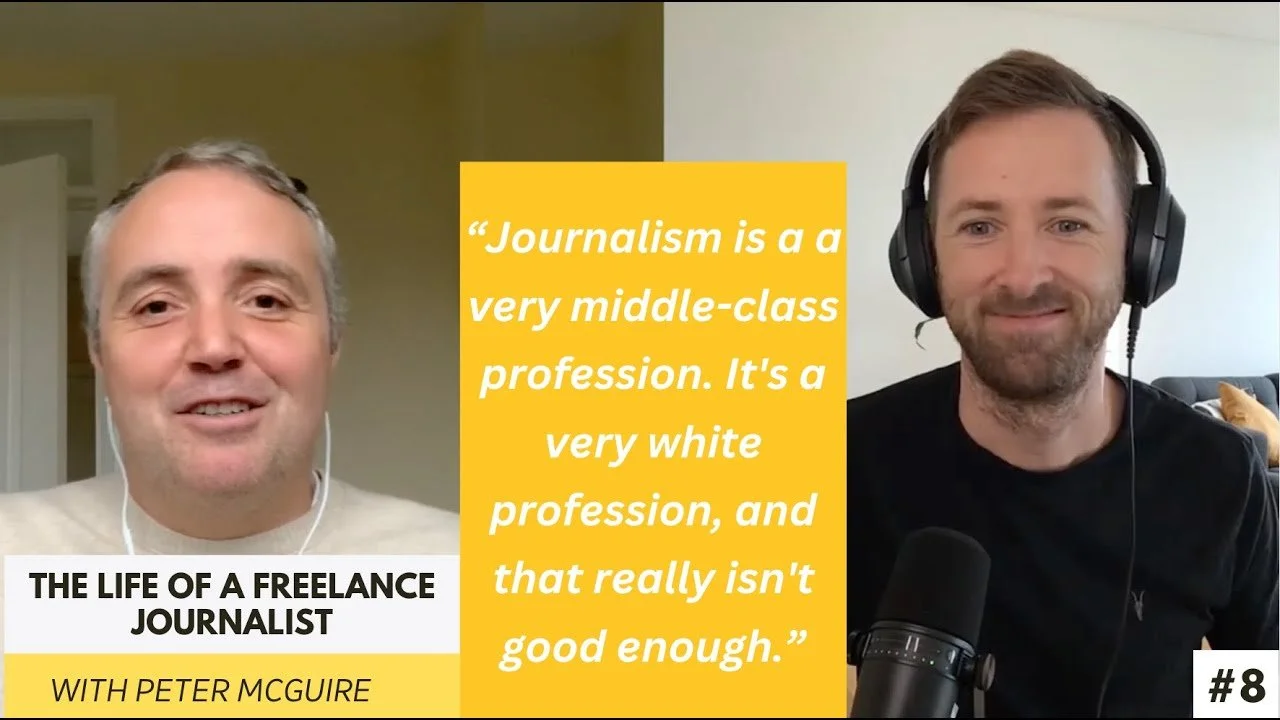My interview with the Irish Farmers Journal
Is there a distinctive set of challenges facing older job seekers? (compared to younger people fresh out of college)
There are challenges for all types of people when entering (or re-entering) the workforce. If you are an older job seeker, who has been out of work, it’s important to focus on what you can do, along with skills and experience that you have built up over the years. Also, remember that if you don’t have a qualification, you were still doing something when others were getting their qualifications. So, what were you doing? Gaining experience? Learning practical skills? Focus on the positives.
Would you recommend updating/refreshing your skills before entering back into the working world, to keep up with the younger generation?
That depends on what sort of work that you’re hoping to do. The best idea is to focus on the jobs that you’d like to do and then see what the job specifications are. Then, you can see if your skills match those specifications. If they do - perfect. If they don’t - now you know what skills you need to refresh.
As a general rule, I would encourage job seekers to update their skills on a regular basis so that they are also creating more opportunities for themselves and also showing prospective employers that they are actively trying to upskill. Remember that if you’re part of the older generation, your experience is your trump card! So play to your strengths.
Where can you find most jobs advertised now?
Again, that depends what sort of job you’re looking for. As a general rule, most jobs will be advertised on job websites, however some industries only hire people who they come in contact with. It’s important to remember that there is a visible and invisible job market. The visible is the one where jobs are advertised and the invisible job market is where there are jobs available but they are not actively advertising - they need to be found! This is usually done by getting in contact with an influential person in the business or organisation.
Is networking important? (online or face-to-face)
Networking is key. Face-to-face is the traditional way to network and it well-known as one of the most effective ways to secure employment - particularly for experienced job-seekers. It’s important to think of the industry that you’re trying to get into and ask yourself ‘what is the main way businesses in this industry hire people? For example, the agri-business industry has many events every year and this is an excellent way to get in contact with potential employers. Remember that people like to hire people they know and keep in mind that going to networking events isn’t enough - you have to talk to people there too!
What should you include and what should you leave out on your CV? Does it matter if you haven’t worked in a professional job for many years?
Include your personal details, career highlights, professional experience and qualifications. You can also include skills, interests and references. It depends on the job that you’re are looking for. The best thing is to be honest on your CV but also sell yourself well - employers only know what you tell them. So make sure to tell them all of your strong points.
You may not have all the up-to-date skills, but what can you offer employers that younger applicants maybe cannot?
That’s true but employers have younger candidates for those skills so they don’t need duplication. You can offer many things such as your experience, connections and crucially, transferable skills. Transferable skills that many experience job-seekers have include; problem solving skills, conflict resolution, customer relationship management, analytical skills, time-mamangement, organisation skills, commercial awareness and leadership, to name but a few.
Overall, the important thing is to focus on the valuable (professional or life) experience that you have, the transferable skills that you bring to the business and the positive/hard-working attitude that is needed in their workforce. Make sure you understand the needs of the person/business you’re speaking to and be able to talk positively about yourself and how you can add value to their business.










